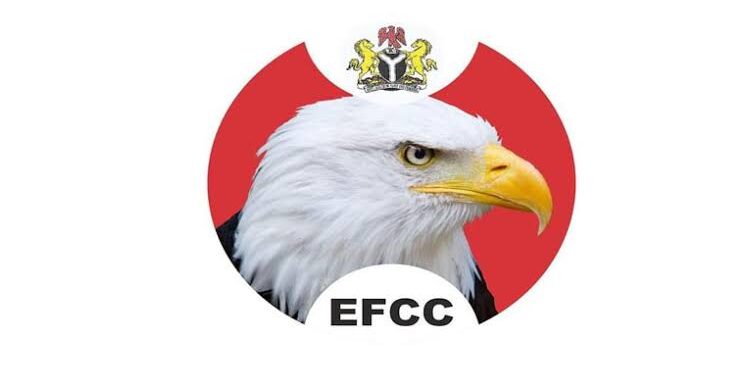The Chairman of the Economic and Financial Crimes Commission (EFCC), Ola Olukoyede, has disclosed that the anti-graft agency uncovered connections between a religious sect in Nigeria and money laundering for terrorists.
Simultaneously, another religious body was revealed to be harboring a money launderer, as funds suspected to be laundered were traced to the organization’s bank account.
During a public engagement addressing youth, religion, and the fight against corruption, Olukoyede shared that the EFCC stumbled upon a N13bn fraud case, with N7bn linked to a religious body’s bank account. He highlighted the culpability of religious organizations, institutions, sects, and bodies in money laundering.
Olukoyede revealed, “A religious sect in this country had been found to be laundering money for terrorists.”
However, the religious organization swiftly obtained a restraining order to halt the EFCC’s investigation into its leaders.
Despite this setback, Olukoyede emphasized the EFCC’s determination to appeal the restraining order and recover the stolen funds.
Since assuming office approximately three months ago, Olukoyede reported that the EFCC secured 747 convictions, with a significant portion related to internet-related offenses. He expressed concern over the high number of convictions in this category.
The one-day event aimed to address challenges related to youth involvement in cybercrimes and explored how religion could serve as a tool for their reorientation.
Themed “Youth, Religion and the Fight Against Corruption,” the event featured the launch of the Interfaith Preaching and Teaching Manual.
Developed by the Interfaith Anti-Corruption Advisory Committee of the Commission, this manual acts as a resource to promote the rejection of corruption among Islam and Christianity adherents.
Additionally, the EFCC’s Fraud Risk Assessment Prevention and Control Project for Ministries, Departments, and Agencies was launched during the event.












